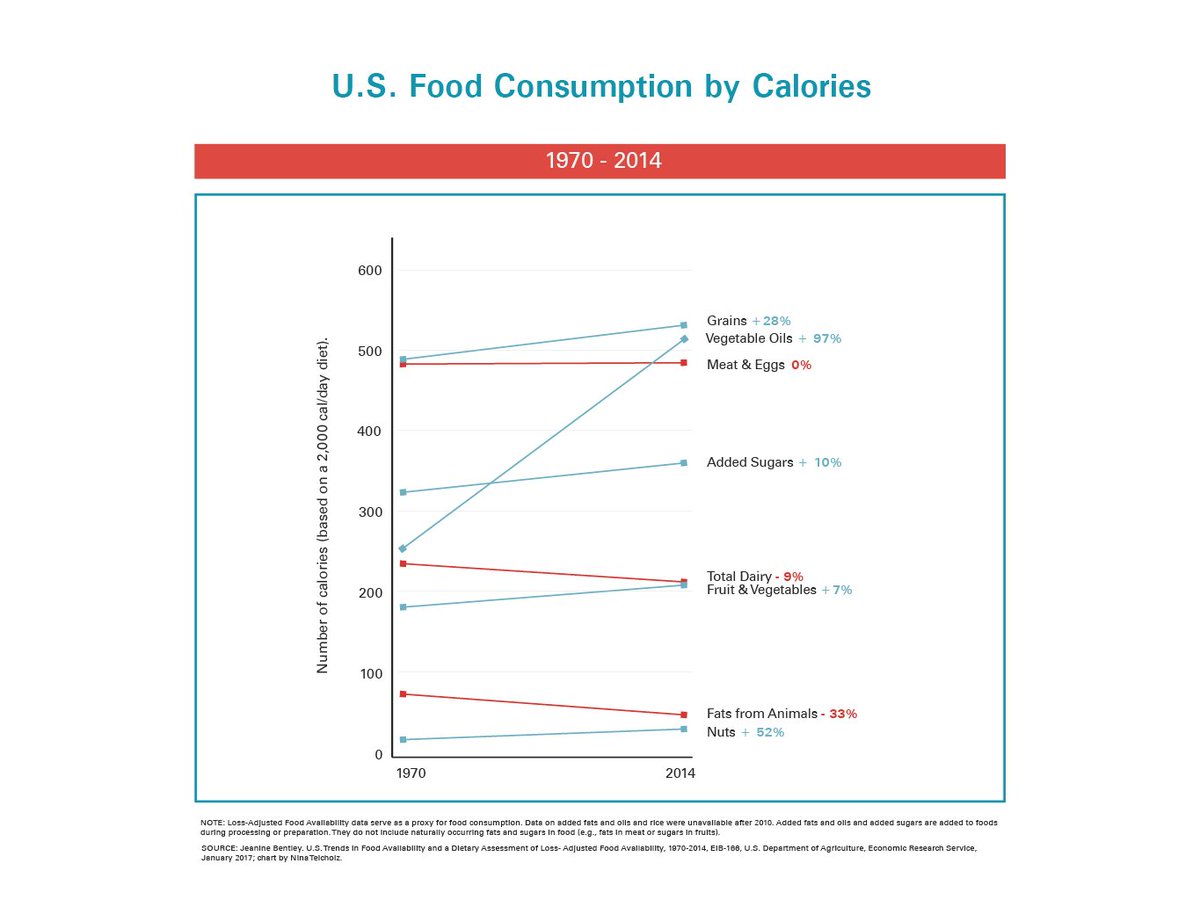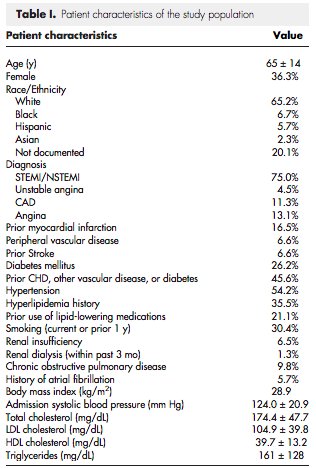Thanks
@AloeSvea - glad to see you've returned to us

Another good tweet by Dr Ann Childers:
"We know the endpoint should not be LDL; many sicken & die with "good" LDL numbers (136,905 patients with CVD, below)"
The US cholesterol levels translate to the following in mmol:
Total cholesterol ......................................... 4.52
LDL ............................................................ 2.72
HDL ............................................................ 1.03
Triglycerides ............................................... 1.82
Aren't these pretty much what we're recommended to aim for? Doesn't really seem a good correlation, does it?



